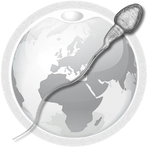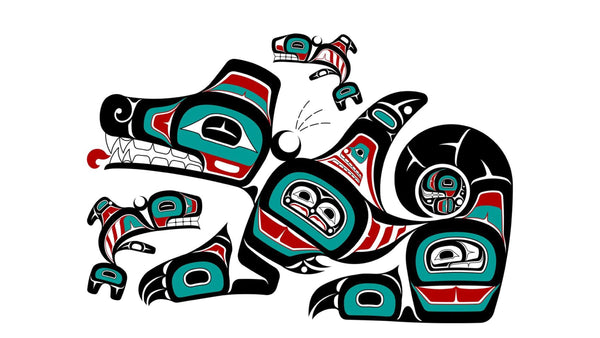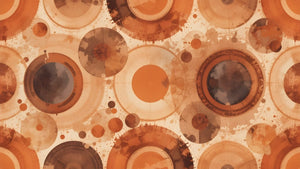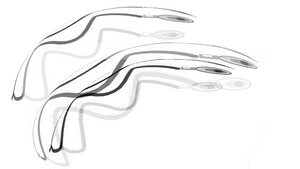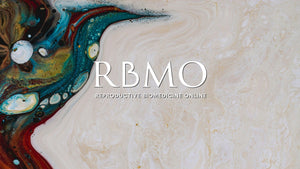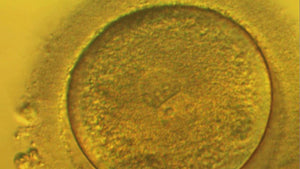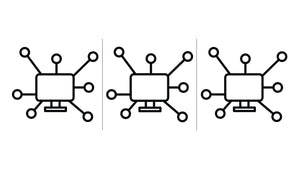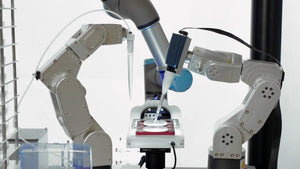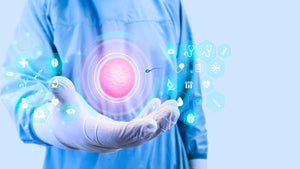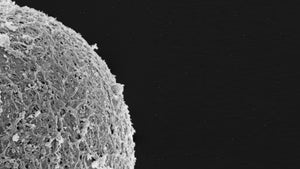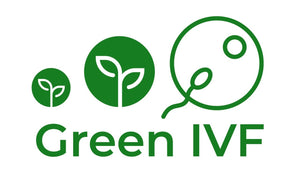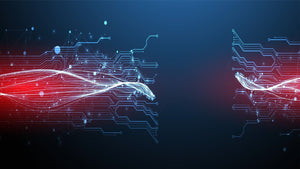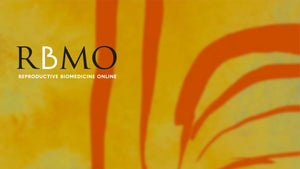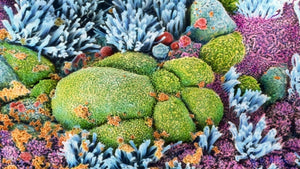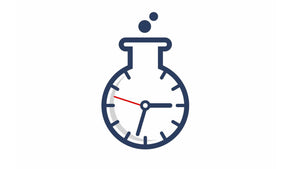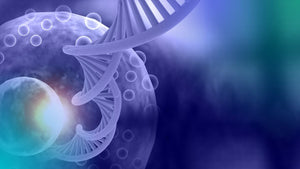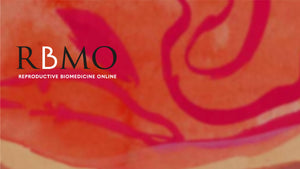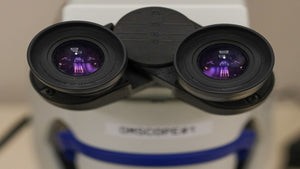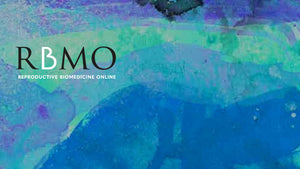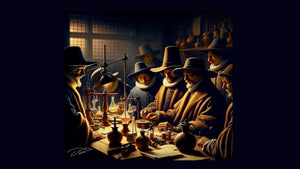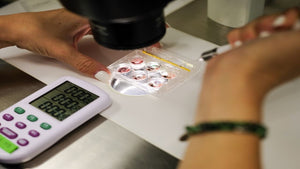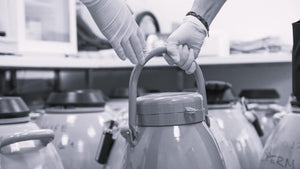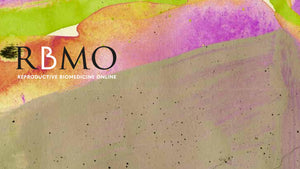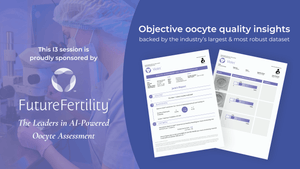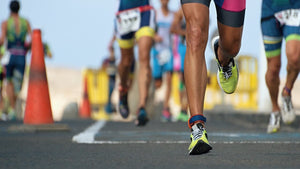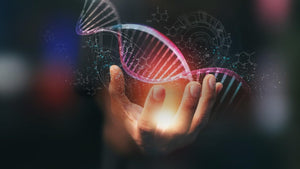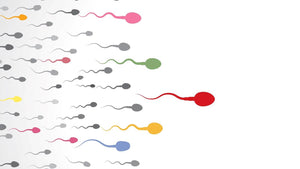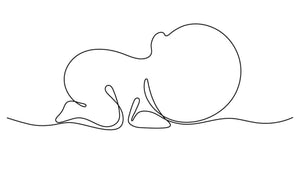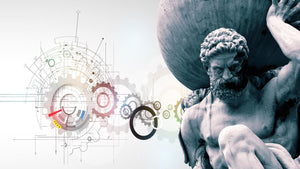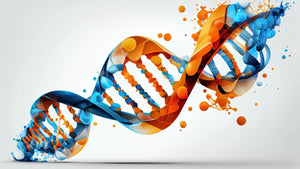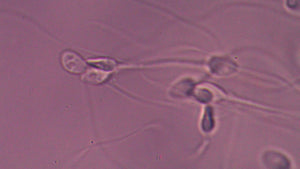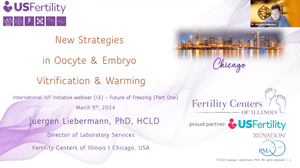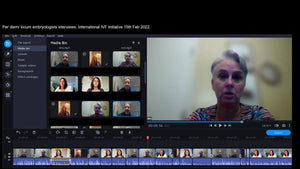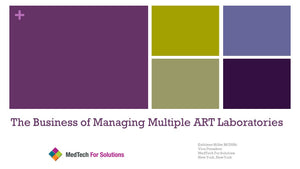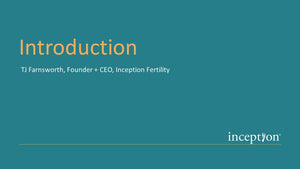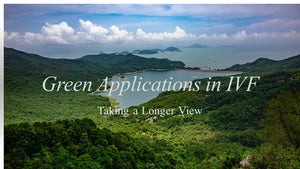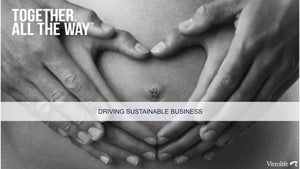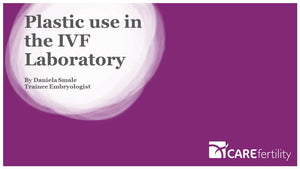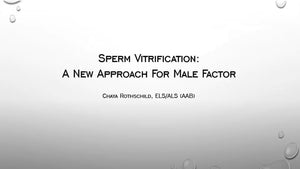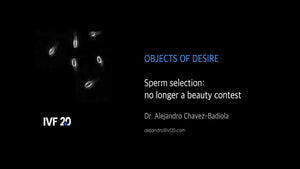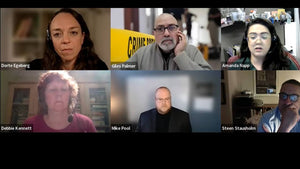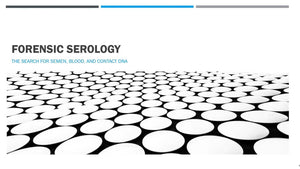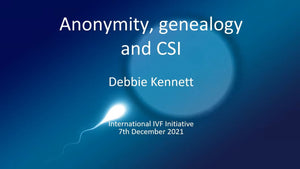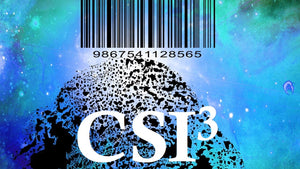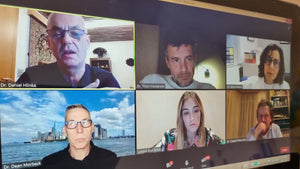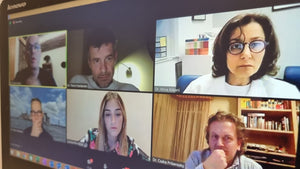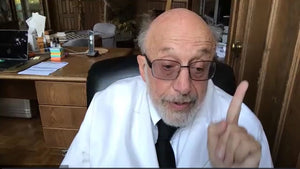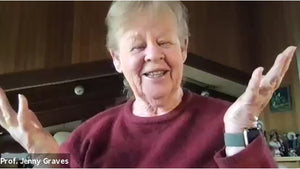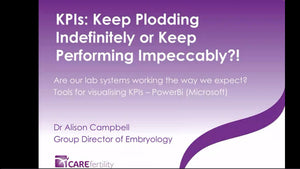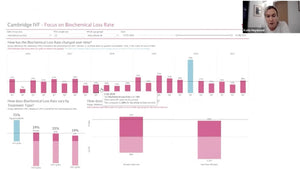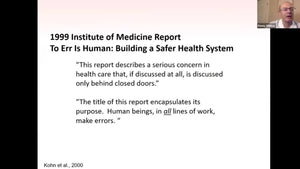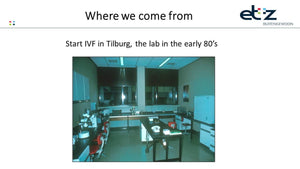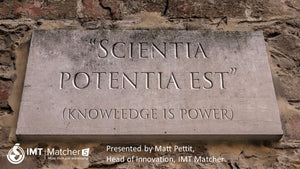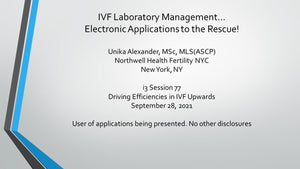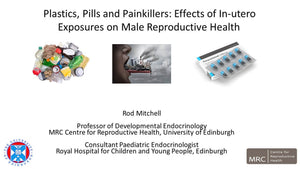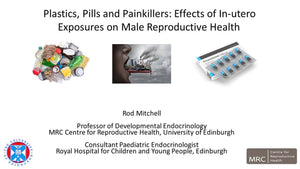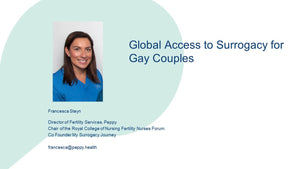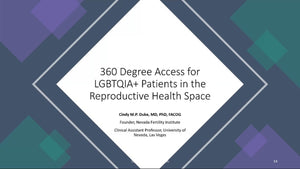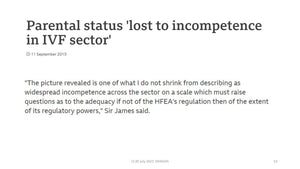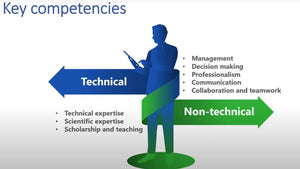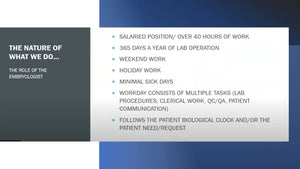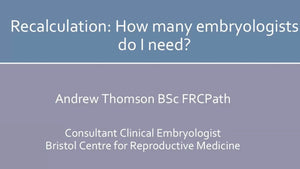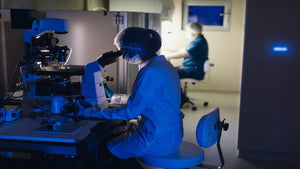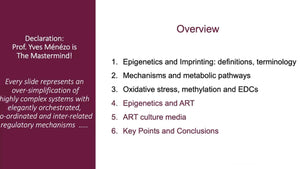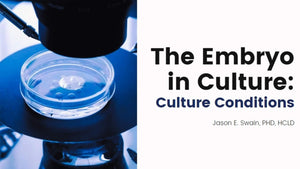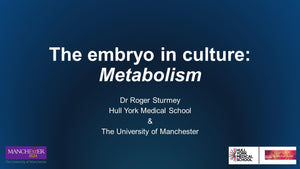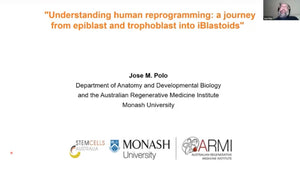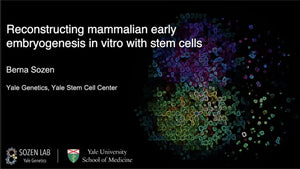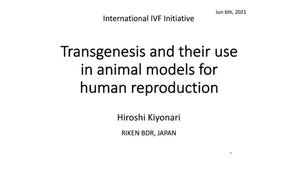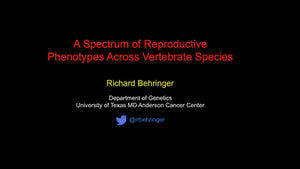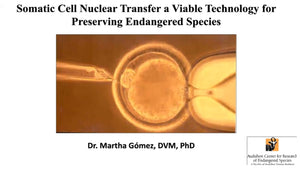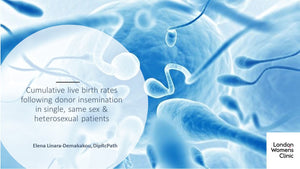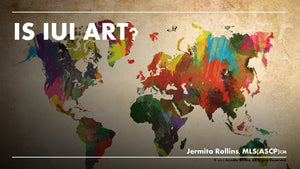Session 67: Therio II

Donate
At the International IVF Initiative, we are committed to providing free access to our educational sessions, webinars, and resources for professionals and individuals passionate about advancing reproductive medicine. We believe that cost should never be a barrier to knowledge and collaboration. By contributing, you’re ensuring that valuable educational resources, expert insights, and collaborative opportunities remain open to all without financial barriers. Together, we can continue to foster a global community dedicated to innovation and excellence in the field of IVF.
Your Donation
Thank you!
Session 67: Therio II: Lessons from Animal Diversity
Tuesday 8th June, 2021. 3PM EST/ 8PM GMT / 9PM CET
Moderators: Dr. Pierre Comizzoli and Dr. Gabriela Mastromonaco
Presenters:
“Cloning- an Assisted Reproductive Technology That Works for the Preservation of Endangered Species"
Dr. Martha Gomez
“A Spectrum of Reproductive Phenotypes Across Vertebrate Species”
Professor Richard Behringer
“Transgenesis and Their Use in Animal Models for Human Reproduction”
Dr. Hiroshi Kiyonari
DR. MARTHA GOMEZ
 Dr. Martha Gomez is an embryologist at University of California San Francisco, department of Obstetric, Gynecology & Reproductive Sciences in the laboratory of Dr. Susan Fisher in charge on developing GMP human Embryonic Stem Cells from vitrified human embryos
Dr. Martha Gomez is an embryologist at University of California San Francisco, department of Obstetric, Gynecology & Reproductive Sciences in the laboratory of Dr. Susan Fisher in charge on developing GMP human Embryonic Stem Cells from vitrified human embryosDr. Gomez has thirty years of work experience in the production of embryos and live
offspring of several mammalian species. Her research has been focused on the
understanding the cellular and molecular mechanisms of nuclear reprogramming, and how cloning can be applied to the preservation of endangered species. Her work has resulted in the birth of healthy wild cloned cats. She has also produced live domestic cats by using different assisted reproductive technologies like in vitro fertilization, oocyte and embryo vitrification, cloning, and more recently by using the new CRISPR technology.
Her research has been also focused on understanding the events that regulate pluripotency in embryonic stem cells and testing if domestic animal recipients can restore spermatogenesis after transplantation of spermatogonial stem cells from another individual from the same or different species. She has hold positions as scientist at the Audubon Nature Institute, and San Diego Zoo and
held academic appointments at Louisiana State University and Colombian National University, and as a visiting scientist at the South Australian Research Development Institute, the National Stem Cell Bank, Principe Felipe Research Center in Spain, and as assistant professor to the University of Concepcion in Chile. Recently, she has joined the University of California San Francisco (UCSF).
She has published over 40 articles in international peer reviewed journals. She is a member of international research societies, has served on the editorial board of an international journal, and is a reviewer for several scientific journals.
PROF. RICHARD BEHRINGER
 Richard Behringer is a Professor in the Department of Genetics and Ben F. Love Chair for Cancer Research at the University of Texas M.D. Anderson Cancer Center in Houston, Texas. Dr. Behringer’s research focuses on mammalian developmental genetics, including organogenesis, stem cells, and evolution. Dr. Behringer also conducts field studies of marsupials on Kangaroo Island in Australia and bats on the Caribbean island of Trinidad. Previously, he was the Director of the Molecular Embryology of the Mouse course at the Cold Spring Harbor Laboratory and Director of the Embryology course at the Marine Biological Laboratory in Woods Hole. He is one of the editors of the 3rd and 4th editions of Manipulating the Mouse Embryo: A Laboratory Manual and co-author with Dr. Virginia Papaioannou of Mouse Phenotypes: A Handbook of Mutation Analysis both published by CSHL Press. He is currently the Coordinator for the Society for Developmental Biology Choose Development! summer undergraduate research program to diversify the field of developmental biology. He is an advocate for developmental biology, genetics, and reproductive biology (@rrbehringer).
Richard Behringer is a Professor in the Department of Genetics and Ben F. Love Chair for Cancer Research at the University of Texas M.D. Anderson Cancer Center in Houston, Texas. Dr. Behringer’s research focuses on mammalian developmental genetics, including organogenesis, stem cells, and evolution. Dr. Behringer also conducts field studies of marsupials on Kangaroo Island in Australia and bats on the Caribbean island of Trinidad. Previously, he was the Director of the Molecular Embryology of the Mouse course at the Cold Spring Harbor Laboratory and Director of the Embryology course at the Marine Biological Laboratory in Woods Hole. He is one of the editors of the 3rd and 4th editions of Manipulating the Mouse Embryo: A Laboratory Manual and co-author with Dr. Virginia Papaioannou of Mouse Phenotypes: A Handbook of Mutation Analysis both published by CSHL Press. He is currently the Coordinator for the Society for Developmental Biology Choose Development! summer undergraduate research program to diversify the field of developmental biology. He is an advocate for developmental biology, genetics, and reproductive biology (@rrbehringer).DR. HIROSHI KIYONARI
 Dr. Hiroshi Kiyonari is a team leader of Laboratory for Animal Resources and Genetic Engineering, RIKEN BDR Kobe, Japan. He got PhD degree in Graduate School of Science and Technology, Kumamoto University. He supports investigators at RIKEN BDR in various aspects of laboratory animal experiments by managing the centralized animal facilities and providing technical assistance in reproductive biology and embryology. In addition to these core functions, he generates more than 50 new genetically engineered mice models each year in collaboration with biomedical research communities in Japan and Asia. Collectively, he aims to develop new tools and resources in the mouse and other small vertebrate species as in vivo models to meet the evolving animal research needs.
Dr. Hiroshi Kiyonari is a team leader of Laboratory for Animal Resources and Genetic Engineering, RIKEN BDR Kobe, Japan. He got PhD degree in Graduate School of Science and Technology, Kumamoto University. He supports investigators at RIKEN BDR in various aspects of laboratory animal experiments by managing the centralized animal facilities and providing technical assistance in reproductive biology and embryology. In addition to these core functions, he generates more than 50 new genetically engineered mice models each year in collaboration with biomedical research communities in Japan and Asia. Collectively, he aims to develop new tools and resources in the mouse and other small vertebrate species as in vivo models to meet the evolving animal research needs.
DR. PIERRE COMIZZOLI
 Pierre Comizzoli started his career more than 25 years ago as a research veterinarian South America and Africa. He then completed a PhD in 2000 on in vitro fertilization in bovine and deer species. In 2002, he joined the Smithsonian Conservation Biology Institute in Washington, DC to develop new cryo-banking projects on gametes and gonadal tissues from rare and endangered species. This also includes the coordination of reproductive monitoring and artificial inseminations in different species (including giant pandas, clouded leopards, or Eld’s deer). He is leading since 2007 a Smithsonian-wide initiative to improve the management and use of frozen biomaterial collections within the Institution.
Pierre Comizzoli started his career more than 25 years ago as a research veterinarian South America and Africa. He then completed a PhD in 2000 on in vitro fertilization in bovine and deer species. In 2002, he joined the Smithsonian Conservation Biology Institute in Washington, DC to develop new cryo-banking projects on gametes and gonadal tissues from rare and endangered species. This also includes the coordination of reproductive monitoring and artificial inseminations in different species (including giant pandas, clouded leopards, or Eld’s deer). He is leading since 2007 a Smithsonian-wide initiative to improve the management and use of frozen biomaterial collections within the Institution.
DR. GABRIELA MASTROMONACO
 Gabriela Mastromonaco has spent more than 25 years working with assisted reproductive technologies in livestock and wildlife species. She graduated from the University of Guelph with a PhD in Biomedical Sciences, and subsequently joined the Toronto Zoo in 2007 as Manager of Reproductive Sciences where has been responsible for implementing research projects to investigate fundamental questions on the reproductive biology of non-domestic species and integrating results into conservation management programs.
Gabriela Mastromonaco has spent more than 25 years working with assisted reproductive technologies in livestock and wildlife species. She graduated from the University of Guelph with a PhD in Biomedical Sciences, and subsequently joined the Toronto Zoo in 2007 as Manager of Reproductive Sciences where has been responsible for implementing research projects to investigate fundamental questions on the reproductive biology of non-domestic species and integrating results into conservation management programs. She recently took on the position of Director of Conservation Science, a role that allows her to build multi-disciplinary collaborations to support species recovery strategies ex situ and in situ. Gabriela currently maintains adjunct professor positions at four Canadian universities as part of her commitment to the training of graduate students in reproductive sciences. Her research program involves the full spectrum of reproductive technologies with a focus on somatic cell reprogramming.
